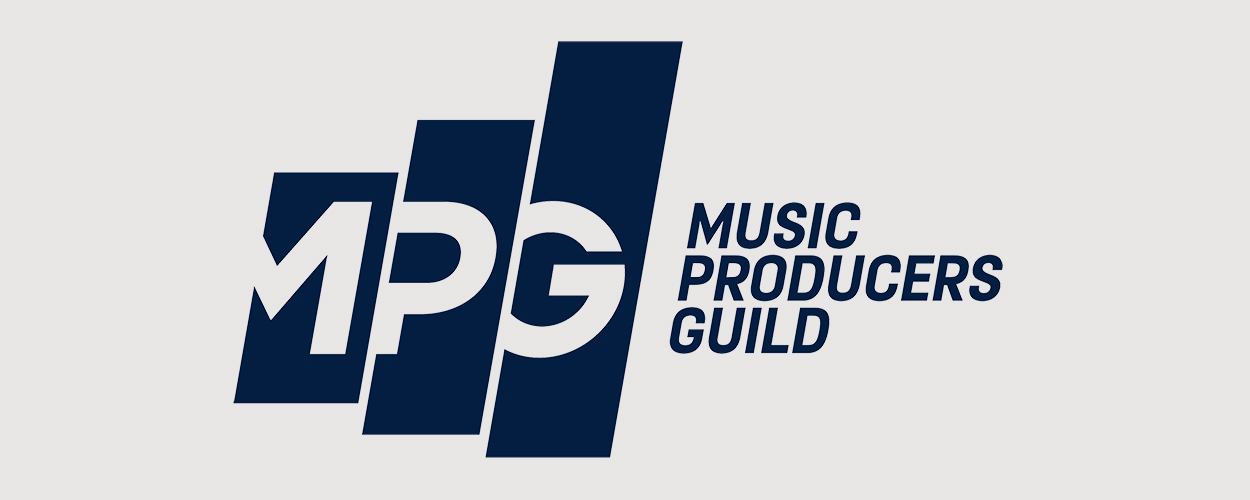This website uses cookies so that we can provide you with the best user experience possible. Cookie information is stored in your browser and performs functions such as recognising you when you return to our website and helping our team to understand which sections of the website you find most interesting and useful.
Business News Industry People
Nearly half of UK recording studios face closure without government support
By Andy Malt | Published on Wednesday 6 May 2020

New research published by the Music Producers Guild shows that almost half of commercial recording studios in the UK face closure within three months as a result of the COVID-19 shutdown. The trade body is calling on the government for further support to ensure the survival of these businesses through the public health crisis.
While live music venues have benefitted to an extent from business rates holidays and grants to help them through lockdown, the MPG says that studios have not been offered similar support, despite also largely being forced to shut down entirely due to social distancing rules.
Among engineers and producers who rent production rooms, the risk of closure is even higher, with 73% saying that they will have to shut up shop in the near future without more support. Currently many are relying on landlords and local authorities to provide discounts on rent and rates.
Soho’s legendary Dean Street Studios has said that it will not make it to the end of this month unless further support is offered. Its two biggest overheads are quarterly rent payments – which have been postponed for this quarter – and rates – for which it is not eligible for relief. It says it has applied for government hardship funding but has had no response as yet.
Its Managing Director Jasmin Lee says: “Studios seem to be bottom of the food chain in the music industry, always being beaten down on rates. For those of us who are independent, it’s always hand to mouth on the finances. Many of us have put our life savings into starting our studios and keeping our doors open”.
Laying out the situation further, producer Ben Hillier – who runs the Agricultural Audio studio and works as a live session musician – explains: “I was expecting to spend most of the year playing live to promote the upcoming Nadine Shah album. All upcoming gigs have been cancelled, all bookings in my studios have been cancelled or are likely to be cancelled. All my work is collaborative and mostly can’t continue under current restrictions”.
“I can theoretically continue to mix without artists in attendance but, even if I could suddenly magic some mix sessions up, the recording sessions for those projects will have been disrupted”, he goes on. “I can keep my head above water for the foreseeable but the engineers and assistants that rely on my projects don’t have much to fall back on. We’re trying to generate any work we can to keep people busy, and maybe even paid, but without some form of industry or government help things are looking grim”.
Commenting on the situation, MPG Executive Director Olga FitzRoy says: “The UK has some of the finest recording studios in the world, but unless the government steps in with immediate support, half of those studios won’t be around when things get back to normal, and the knock-on effects on the wider industry will be disastrous”.
“[The government’s] culture secretary recently said he wanted to protect ‘core architecture’ in the creative industries”, she adds. “If the studios like Dean Street, where Bowie recorded ‘Ashes To Ashes’, aren’t considered worth saving, then I don’t know what is”.
As for existing government support initiatives, such as the government-backed loans that were made available early on in the COVID-19 crisis, FitzRoy goes on: “I know of no studios who have been able to access a loan. Banks are refusing to lend, or only offering commercial packages at interest rates of 18-20%. And many [studios] are put off [anyway] by needing to pay commercial rates after twelve months and are contemplating closing their business rather than running up debts they can’t repay”.
The new ‘bounce back’ loan scheme announced by the government this week is “a step in the right direction”, FitzRoy adds, “but the government must increase the interest-free period to 24 months to give studios and engineers a fighting chance of recovery”.
Elsewhere, over 50 members of the House Of Lords last week signed a letter published by The Telegraph calling for greater specific government support for the creative industries during the COVID-19 crisis.
“Music and the arts help to define the kind of society we are”, they wrote. “If we want them to survive this emergency, an urgent sector-specific package of financial support – similar to the 50 billion euro programme in Germany – is desperately needed. Without significant intervention of this sort, the cultural sector may be irreparably damaged by the time this crisis is over”.
The letter was welcomed by the Incorporated Society Of Musicians, which itself has done research into the effect the current lockdown is having on musicians and music companies.
Last month, it said that the government’s initial Coronavirus Business Interruption Loan Scheme is “not fit for purpose”, after a survey of music businesses and organisations showed that none had received money through the scheme – with around half saying they had received no response to their applications.
At that point, a third of those surveyed said that they were a week away from having to make their entire workforce redundant, while 25% said that they were at risk of closure without support.





